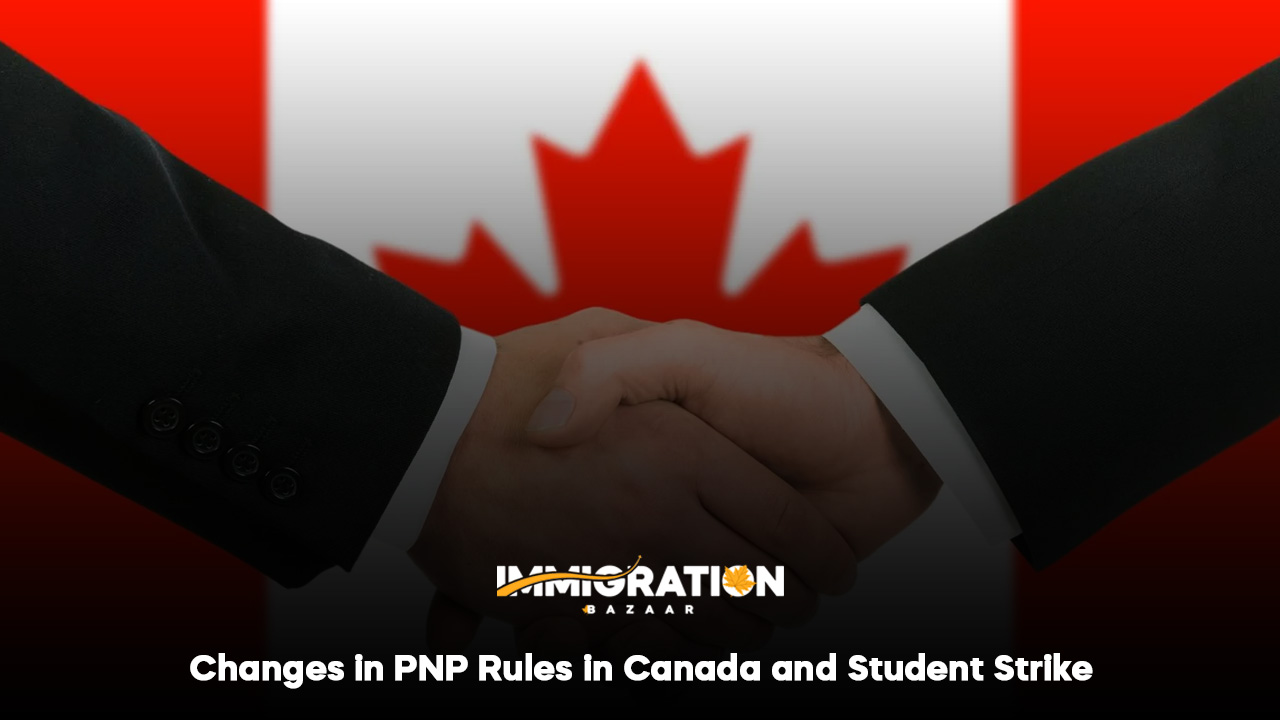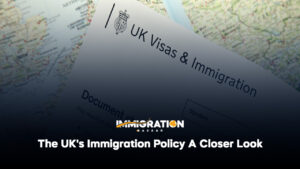A Brief Introduction to PNP (Provincial Nominee Program)
The Provincial Nominee Program (PNP) of Canada is an immigration program that empowers provinces and territories to nominate foreign working persons and residents according to their requirements. Under this program, provinces and territories can select eligible candidates to meet their specific labour market needs, who can then apply for Canadian permanent residence (PR).
The PNP is an important part of the Canadian immigration system, and it has been particularly attractive to foreign students who plan to pursue permanent residence after studying in various Canadian provinces.
PNP Rules Changes in Prince Edward Island (PEI)
Prince Edward Island (PEI) is one such province in Canada where obtaining PR under the PNP was an attractive option for many foreign students. In the past, PEI had designed its PNP rules in such a way that it was relatively easy for foreign students to obtain PR. It required students to study and work in the province for a certain period of time, and then they could apply for PR under the PNP.
However, recently the PEI government has changed the PNP rules, as a result of which many foreign students have been affected. As per the new rules, the process of obtaining PR has become even more difficult for students who have already studied and worked in PEI. Following this change, students have started protests and strikes, and they are demanding that the new rules should not be applied to their case.
Students’ strike and local support
Students started a strike two months ago against the changed rules of the PNP in PEI. The strike is being carried out mainly by students who are already studying in PEI or who have recently obtained a bachelor’s degree and are planning to obtain PR. The students have garnered support from the local community and organizations to broaden their protest.
During the strike, students demonstrated against the PEI government, attended city council meetings, and raised their issues on social media. Their protests have also received support from local groups and organizations, who have demanded that the government provide relief to students even after the new rules are implemented instead of applying the old rules.
Causes and effects of the change in rules
There may be various reasons behind the change in PNP rules in PEI. According to the government, these changes have been made keeping in mind the current state of the province’s labour market and long-term immigration strategy. Under the new rules, the government aims to prioritise candidates who can specifically meet PEI’s long-term labour and economic needs.
The main impact of the new rules is that students who have already studied in PEI may now face more difficulty to obtain PR. This is not only affecting the future of the students, but it may also affect the number of foreign students in the province.
Support from local groups
The support of local groups and organizations regarding the students’ strike and their issues is very important. The local community has appreciated that foreign students are making a significant contribution to PEI’s society and economy. Many local businesses and organizations have supported the students’ strike and urged the government to reconsider the new rules keeping in mind the difficulties faced by the students.
The local media has also reported on the issue, giving the problem widespread attention. This has increased the pressure on the PEI government to take the students’ issues seriously and find appropriate solutions.
Future prospects
It is important to see how the PEI government addresses the students’ strike and the local support. If the government does not take any concrete steps to resolve the students’ issues, it could potentially turn into a long and controversial process.
There is also a possibility that the government may make some amendments to the new rules or provide some relief to the student community. Moreover, if the government ignores the student protests, it may affect the attitude of students towards immigration policy in other provinces and countries as well.
Conclusion
The recent change in PNP rules in the Canadian province of Prince Edward Island has raised a significant issue for foreign students. Students have been on strike for more than two months and have received local support. This change is making the process of obtaining PR difficult for students and is affecting the future of foreign students in the province.
It will be important to see how the PEI government addresses this problem and whether they make any amendments to the new rules keeping in mind the students’ concerns. Also, this issue may affect the attitude of students towards immigration policy in other Canadian provinces and countries as well.
It is important to understand the prevalence of such issues and their impact, so that better support and relief can be provided to students studying abroad. Canada’s immigration policy changes and the student strike indicate that vigilance and sensitivity are required to ensure effective and equitable operation of immigration policy.







